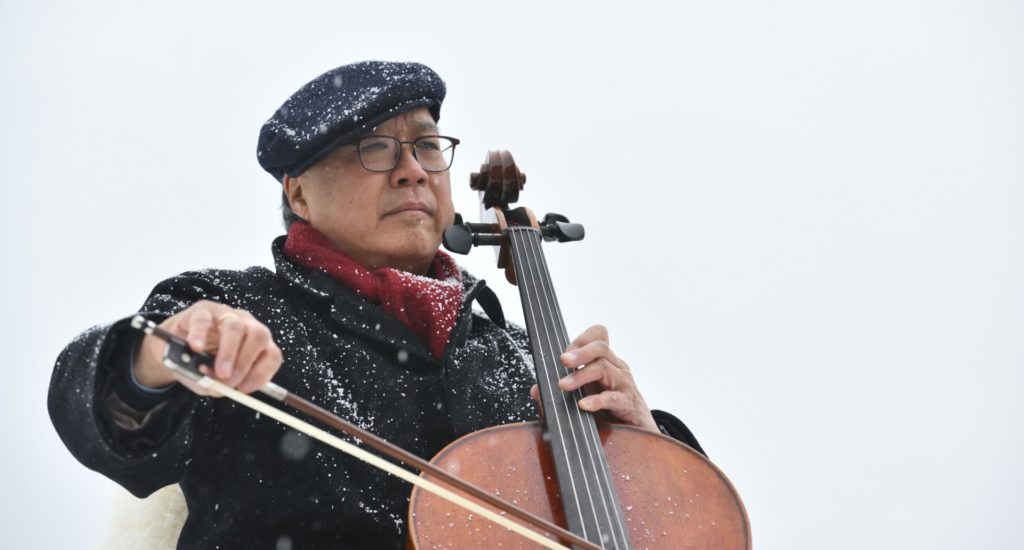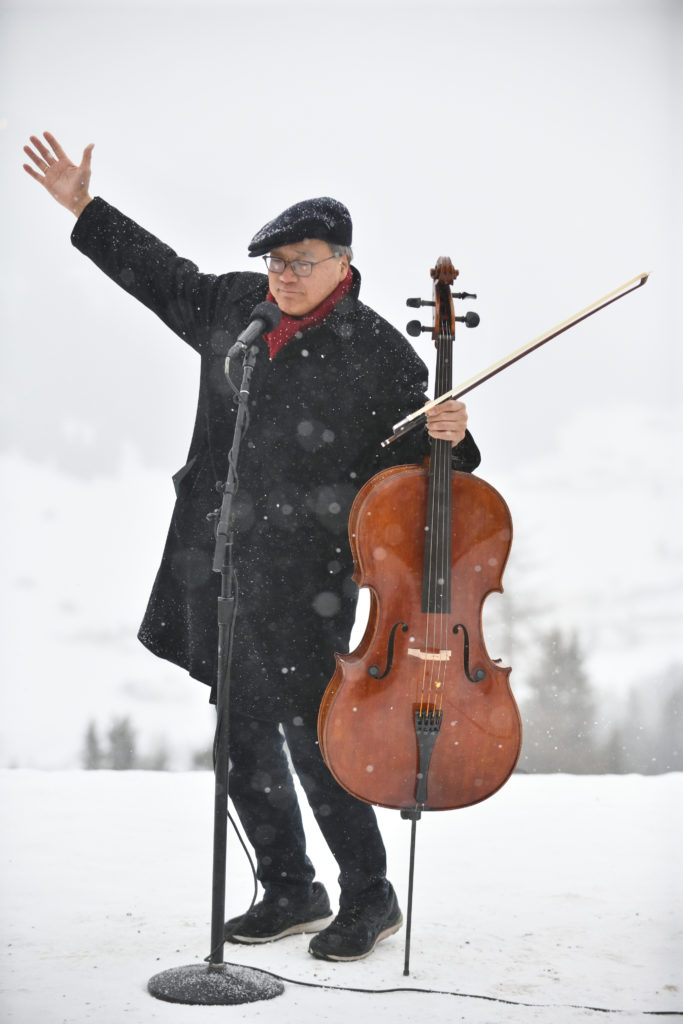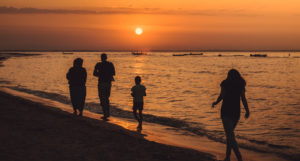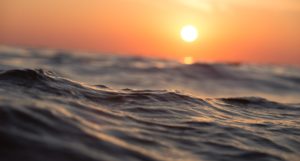Yo-Yo Ma conjures up hope amid the climate crisis in spellbinding performance at Davos

Credit Henry Iddon
World-renowned cellist Yo-Yo Ma moved audience members to tears with a captivating performance of hope in Davos this morning.
He performed three pieces amid freezing conditions and heavy snow on the famous ‘magic mountain’ during the World Economic Forum’s annual meeting.
The Grammy-winning musician was ‘Performing Hope for the Glaciers’, a campaign led by the non-profit organisation Climate Basecamp.
The idea behind Performing Hope is to send a message that the world must avoid a requiem for the world’s glaciers due to escalating climate change, and instead use the window of hope which still exists and make rapid cuts to greenhouse gas emissions.
“Climate action is not happening fast enough, and at Davos this year the actual dialogue and political crosswinds have changed. In previous years, we had climate and nature all along the promenade, as well as in the Congress, but not this year,” said Professor Whiteman, Executive Director of Climate Basecamp as well as Hoffmann Impact Professor for Accelerating Action on Climate and Nature at the University of Exeter.
“The reasons for that are vast and complicated, but the reality is still true. We’re going to need to boost action faster, but that’s simply not happening, and in such a world it’s easy to feel hopeless. But we can’t do that. What we need to do is actually find hope, and what better way to do that than with the performing arts.”

Yo-Yo Ma turned his back on the audience to face the sublime mountain backdrop as he opened the performance with Mi’kmaq Honor Song by George Paul, a piece taught to him by Jeremy Dutcher, a singer, anthropologist and First Nations Canadian.
“It’s a song of gratitude. Every time I play it, I thank the mountains, the sun, the moon, the trees, the water, and I feel better,” he said.
He followed up with JS Bach’s Suite No 1 for Solo Cello, Prelude, which he explained was about ‘rebuilding for nature’ and the first piece he ever learned, when he was just four.
During the finale, Over the Rainbow by Harold Arlen, audience members were visibly moved and, as snow continued to fall, many rose to their feet in a standing ovation.
He explained that the piece “was written during one of the darkest times in history, in the midst of World War II, we had not at that time recovered from the Great Depression… yet somehow people were able to conjure up hope”.



